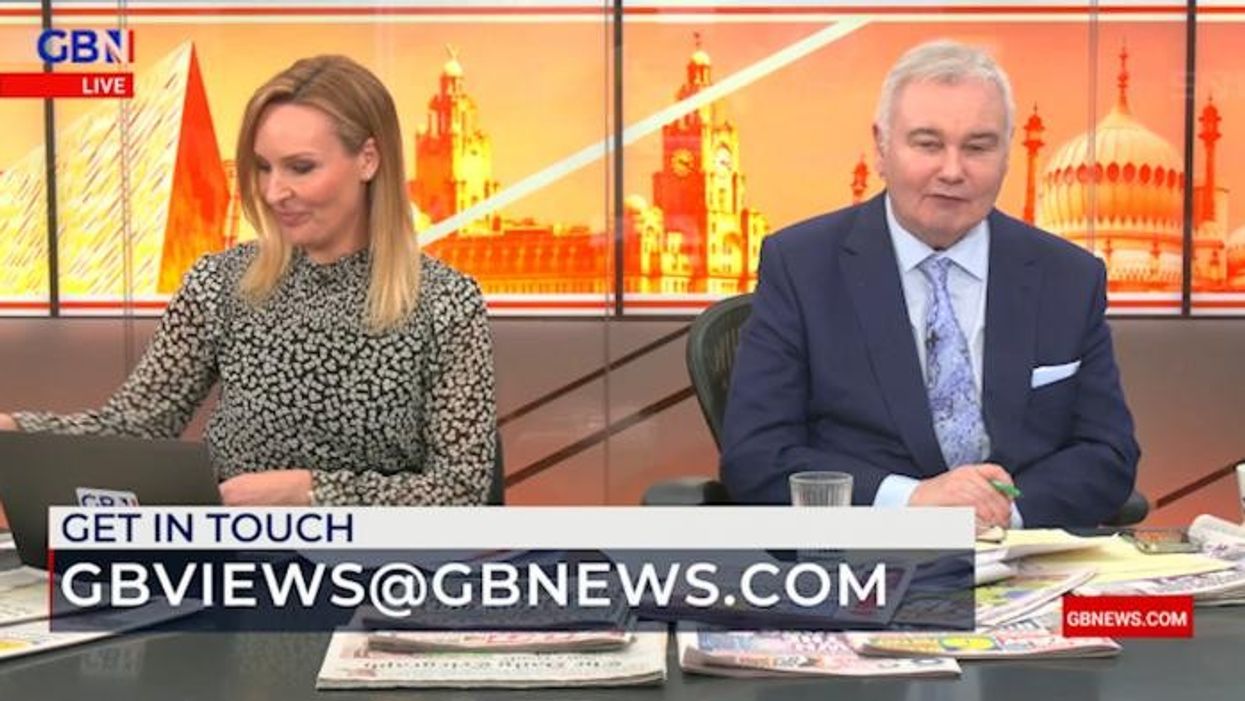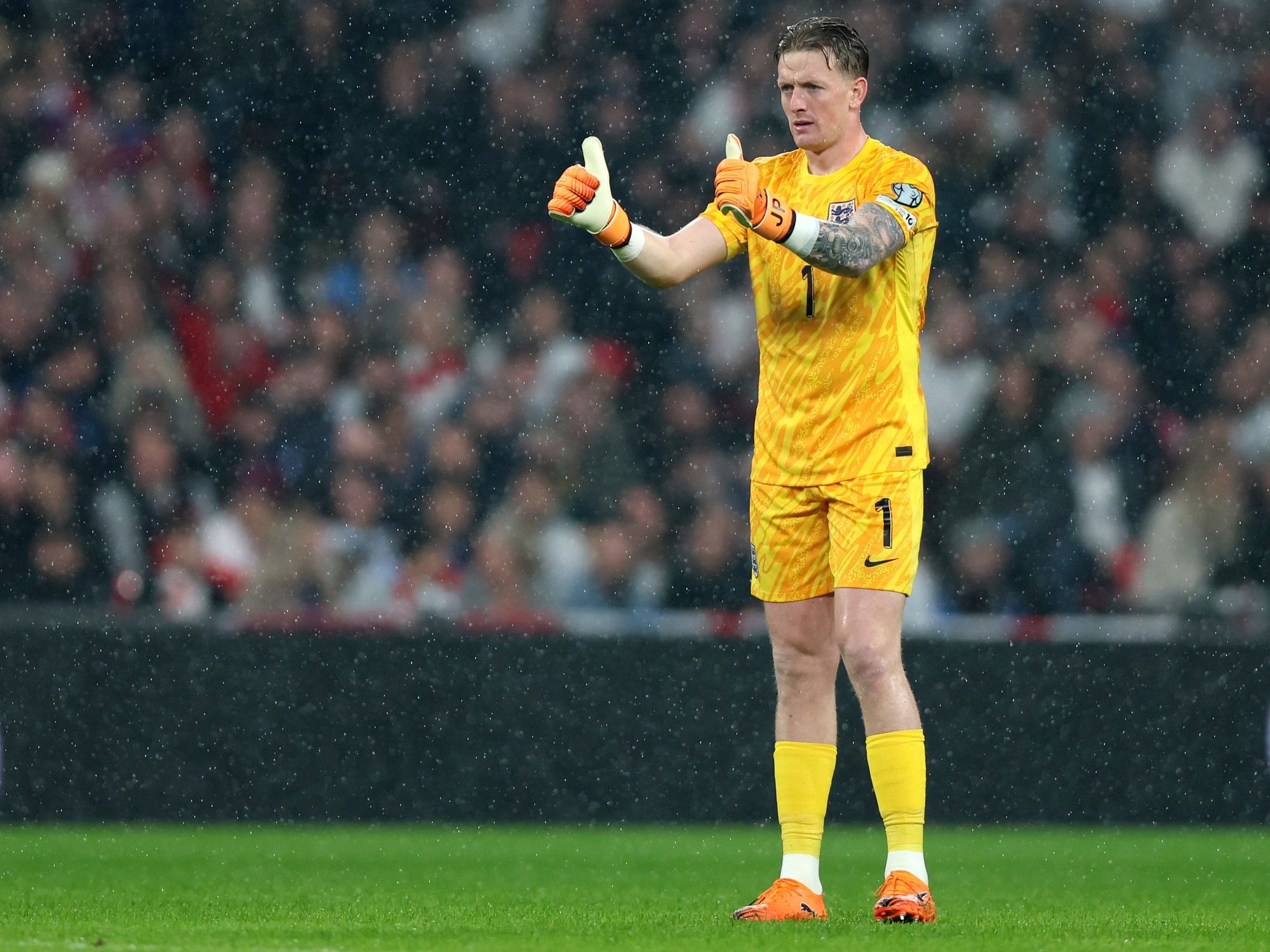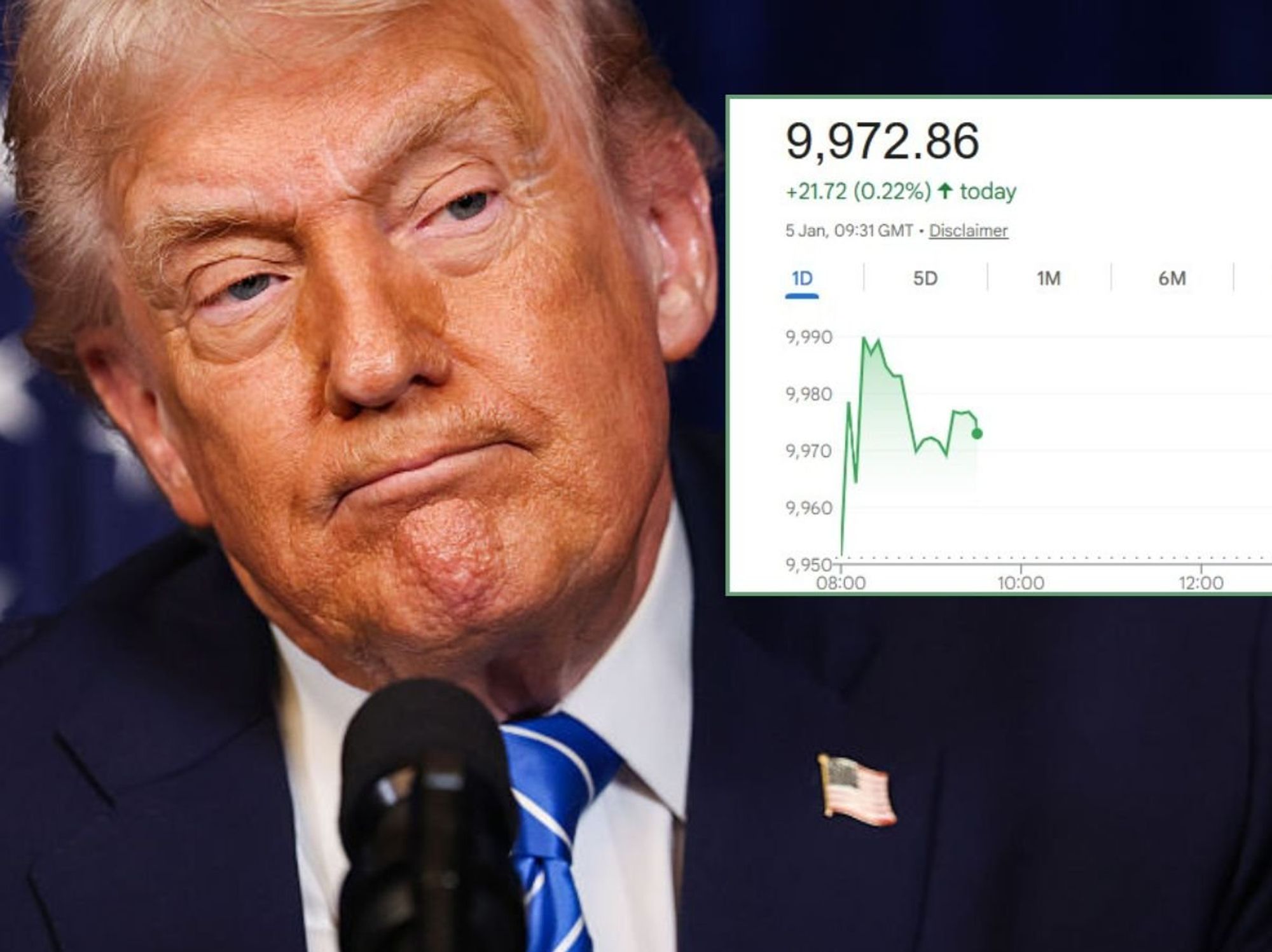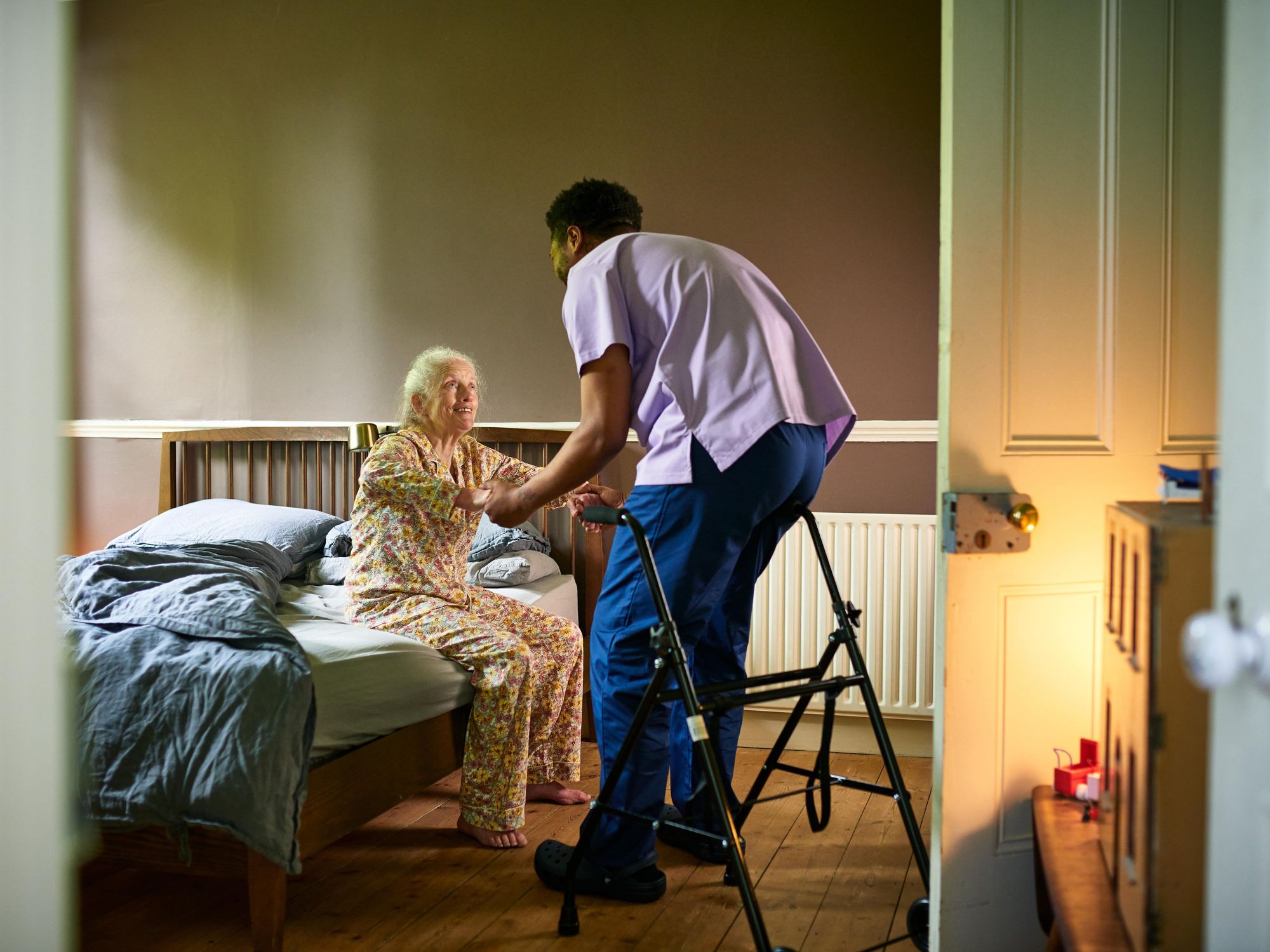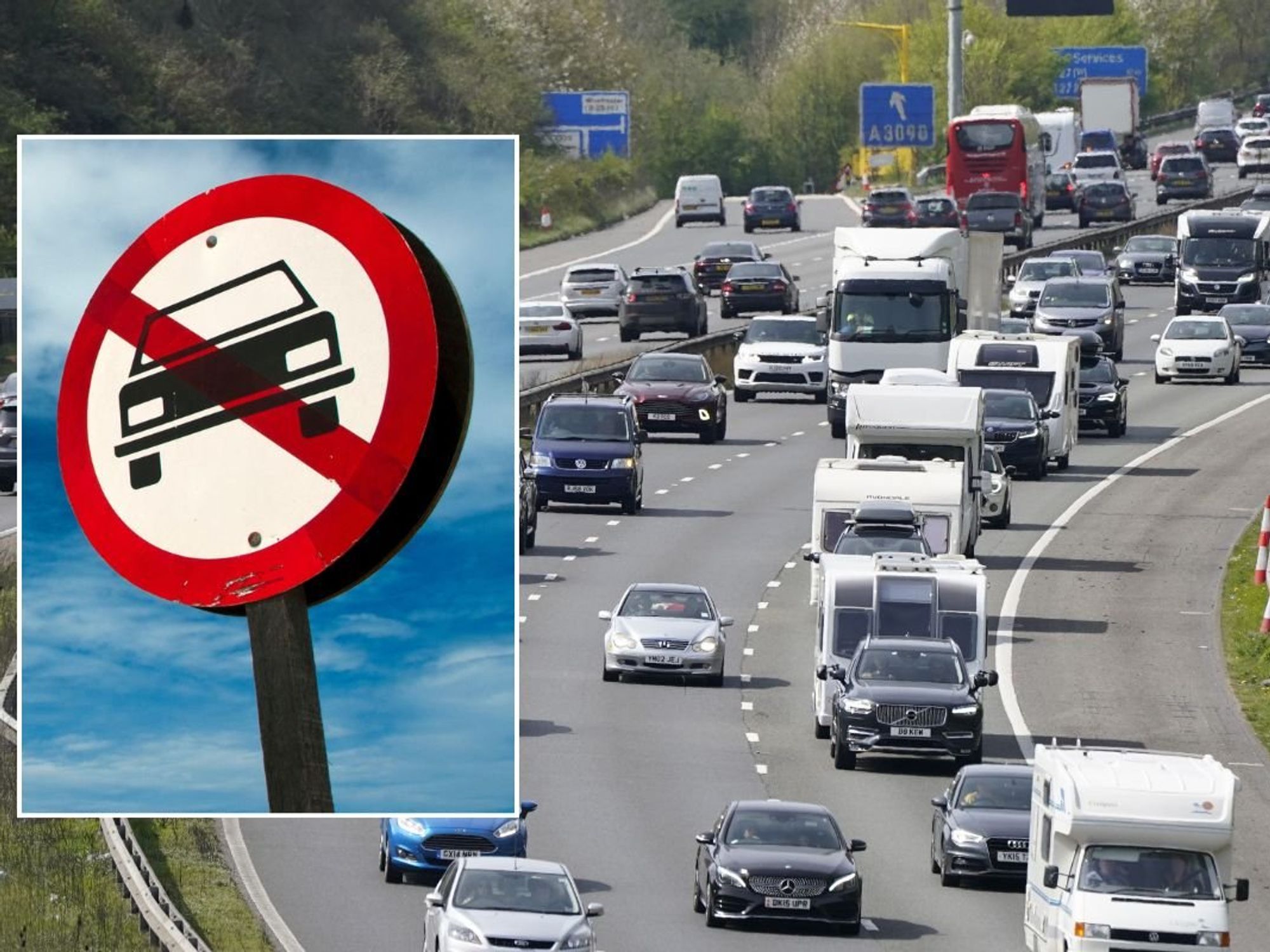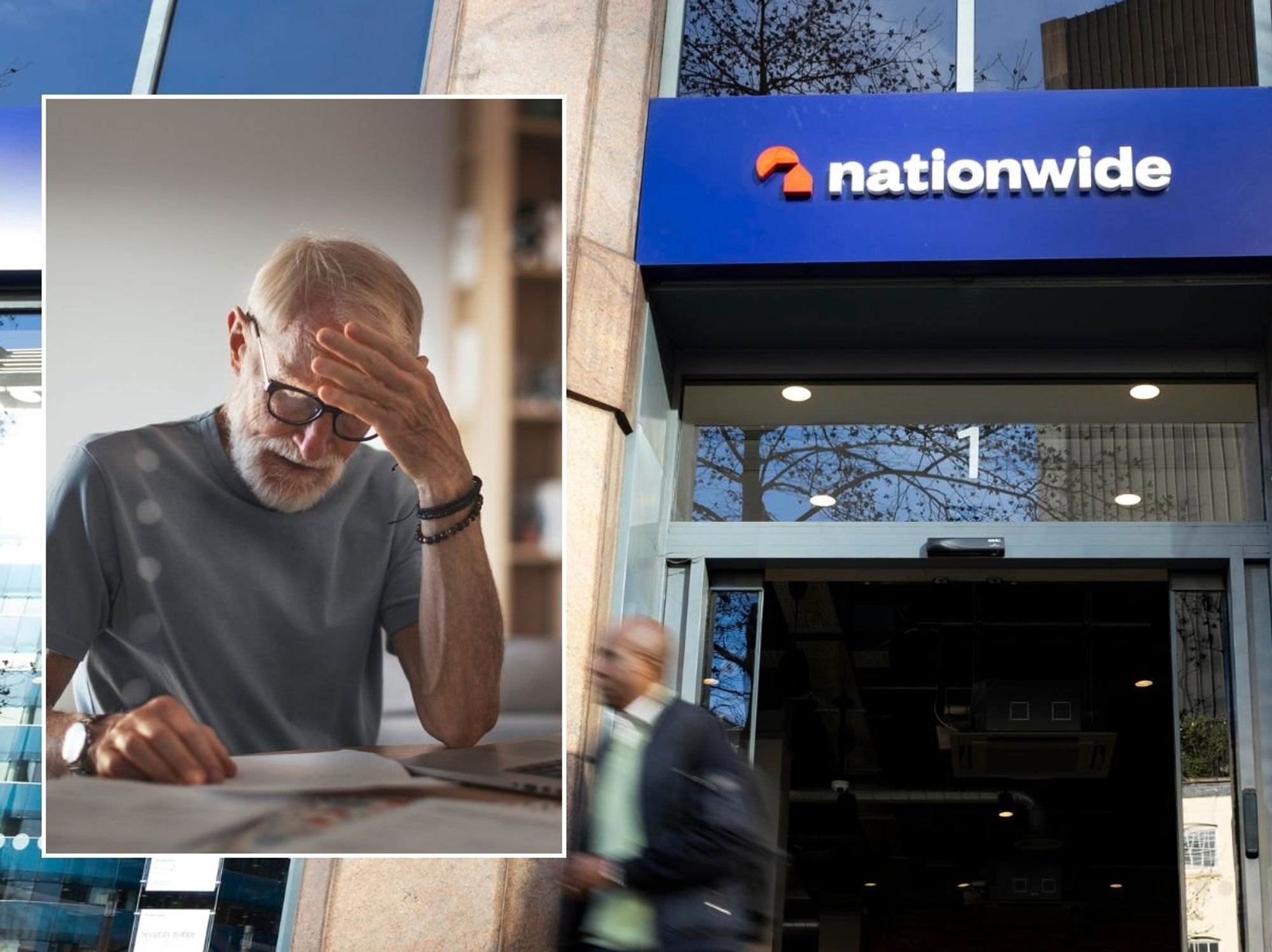Nicola Sturgeon breaks down in tears and says she ‘wishes she hadn't been First Minister during Covid' - after admitting she deleted key evidence

The former first minister said it was for "others to judge" whether she had been good at her role
Don't Miss
Most Read
Nicola Sturgeon has broken down in tears in front of the Covid Inquiry, stating that there was a “large part of me” who wished she was not first minster during the pandemic.
The ex-first Minister is being questioned by UK Covid inquiry, which is currently sitting in Edinburgh, over her role in the pandemic and her deletion of key WhatsApp messages.
She said: "I was the first minister when the pandemic struck.
“There’s a large part of me wishes that I hadn’t been but I was and I wanted to be the best first minister," she admitted.
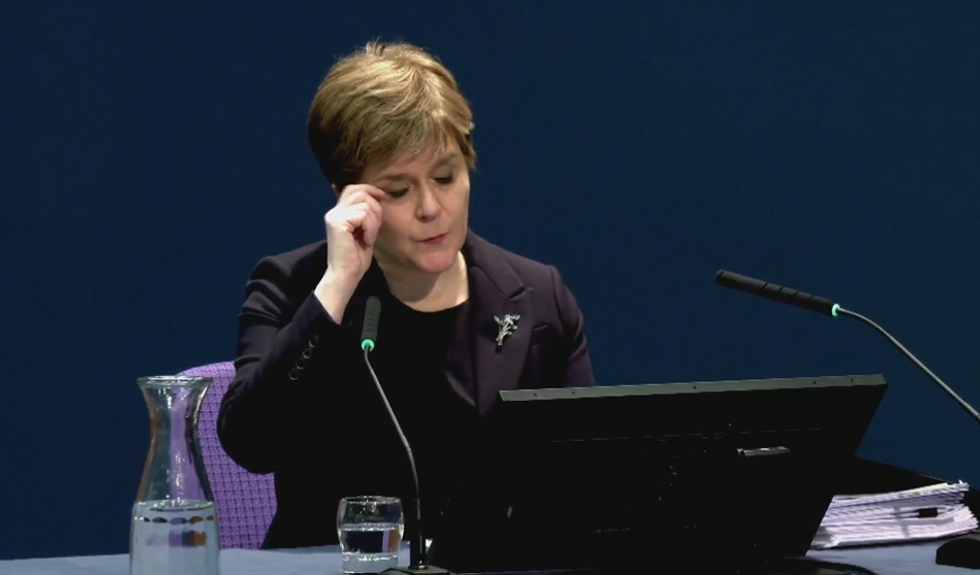
Nicola Sturgeon brushed away tears as she admitted that there was a 'large part of [her]” who wished she was not first minster during the pandemic
|Hollyrood Livestream
Discussing whether she succeeded in her aim, she said it was "for others to judge", whilst her voice broke.
She also apologised for deleting Covid-related WhatsApp messages, after telling the inquiry that she was not aware that she should have kept them.
Giving evidence to the counsel today, she said: "I apologise if that answer was not as clear, but I also want to be very clear and give the inquiry a personal assurance that I am certain that the inquiry has at its disposable anything and everything germane to my decision-making during the process and the time period of the pandemic, and the factors underpinning those decisions."
She also said that she did not recall ever being told about the importance of retaining material related to Covid ahead of the inquiry.
On August 3 2021, an email was sent around by Lesley Fraser and Kenneth Thomson, stressing the importance of keeping messages related to Covid.
LATEST DEVELOPMENTS:
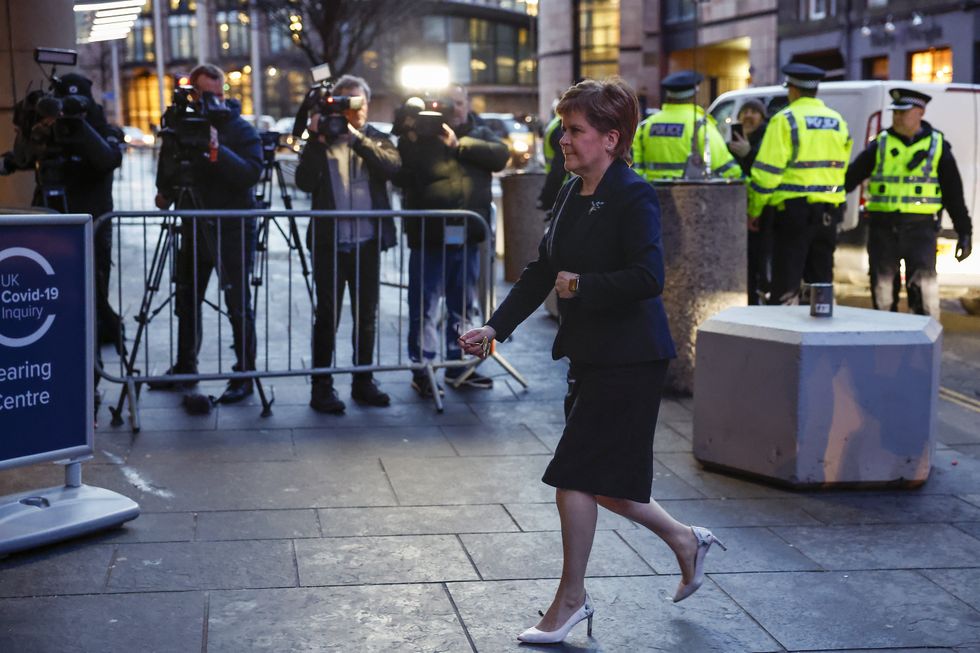
Sturgeon said that she did not use informal messaging services to make key decisions during the pandemic
|Getty
Sturgeon was asked by senior counsel to the inquiry, Jamie Dawson, if she recalled receiving that email, to which she said she did not, stating: "I do not as far as I am aware, I did not receive that."
Dawson then asked: "You recall, I would imagine, in a general sense that such a notification was sent out?"
Sturgeon replied: "I would say this: that I don’t think I would have required to see that to know that matters that were relevant to know the matters that were relevant."
She also told the inquiry that there was a "high degree of formality" regarding the Scottish Government's decision-making during the pandemic, despite admitting that the use of WhatsApp had become "too common".
The former first minister insisted that she did not use informal messaging apps for decision making however Dawson challenged her on this, saying that she "at least rarely used them".
Sturgeon said: "I have not said and I’m not saying today that I never used informal means of communication.
"What I am saying is that I did so very rarely and not to discuss issues of substance or anything that could be described as decision-making.
"There was a high degree of formality around the decision-making of the Scottish Government."
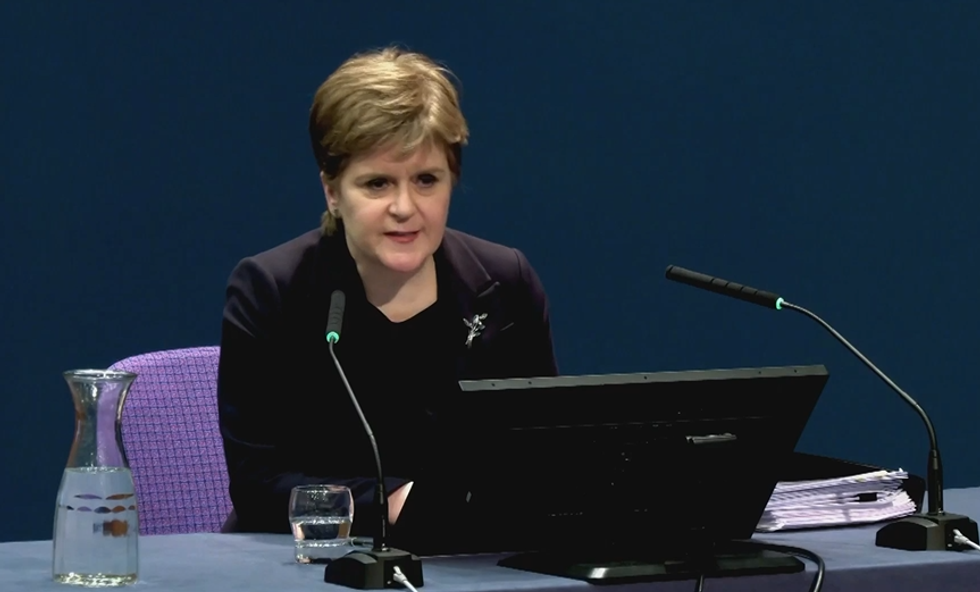
The former first minister insisted that she did not use informal messaging apps for decision making
|Hollyrood Livestream
Whilst admitting that WhatsApp had become a preferred choice of communication for some within the Government, she maintained that key decisions were not made via the app.
She said: "When people are sending messages on WhatsApp, they don’t think, including me and therefore messages, when they are looked back at later on, can be open to different interpretations because people haven’t really thought about the words they’re using.
"And I think that certainly would be true of some of the exchanges that the inquiry has been looking at."
The former first minister said that she would carry the impact of decisions she made throughout the pandemic forever.
She said she wanted to ensure that "those who come after me in politics have the benefit of the learning, the things my government did right and the things that my government that were not right or with hindsight that we wish we had done differently.
"I cannot say strongly enough how important that is to me.
"These decisions were of a magnitude beyond what I had ever experienced, and that is true of decision-makers everywhere and the impact of them I think about literally every day.
"I want this inquiry and the Scottish inquiry to scrutinise those decisions so that we can learn and future governments can learn lessons from them."


